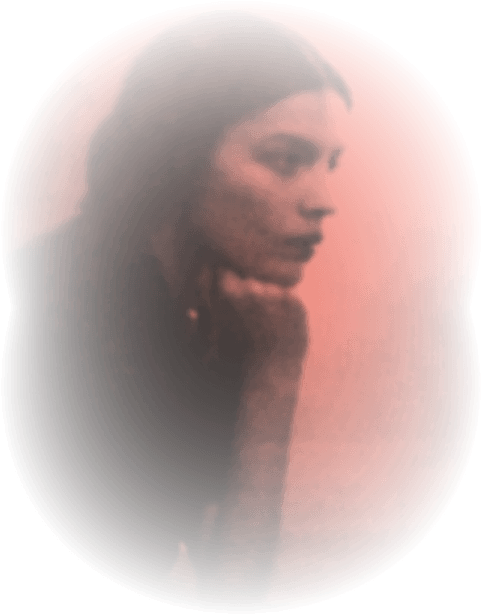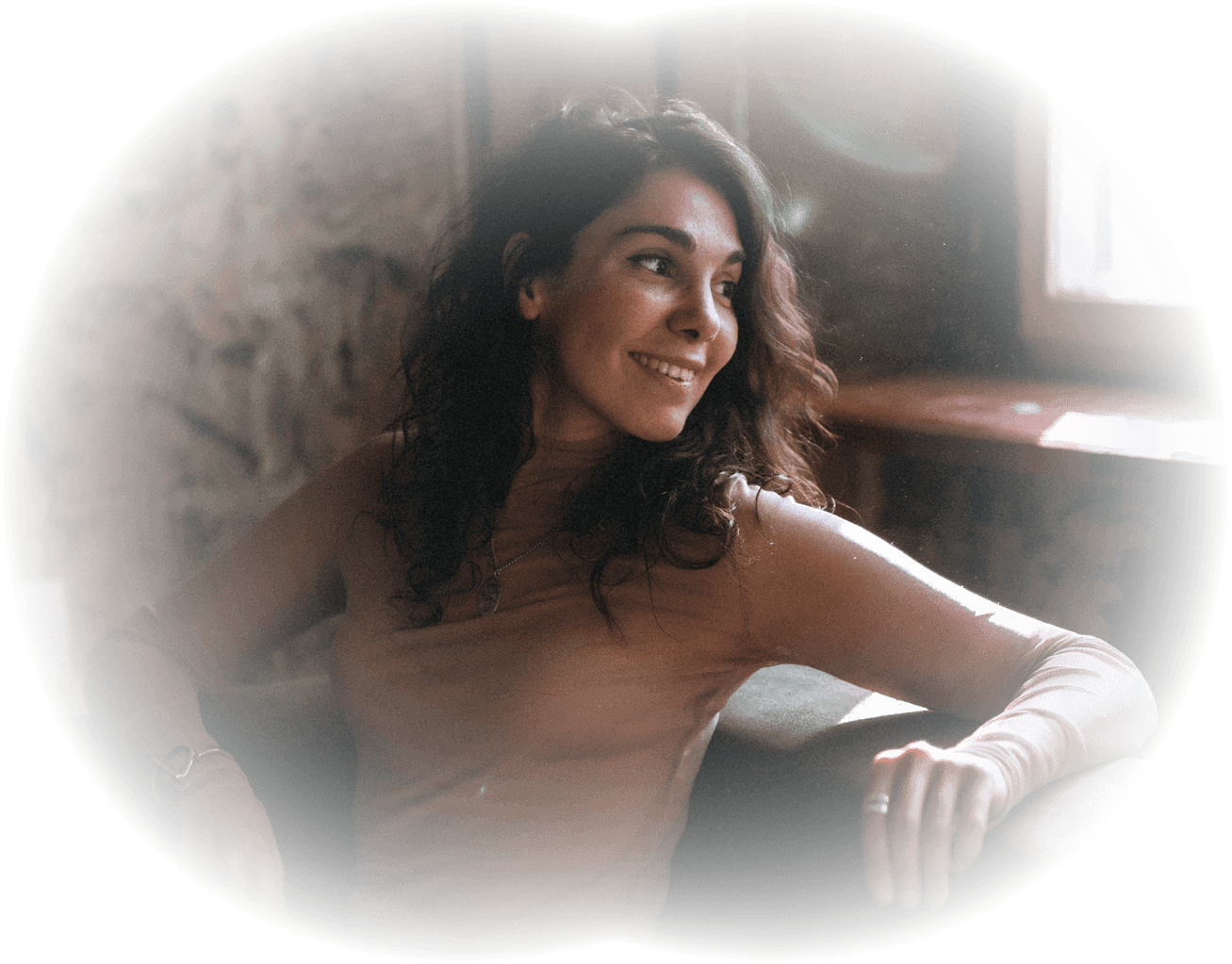
Lidia Chervinskaya is an important poetic voice of emigration, although we know frustratingly little about her life. She was always someone’s muse and a poet in her own right:
Radiant energy bursts in these poems through ostentatious boredom, through melancholy, timid reverie, through half-hints, half-recognitions, like light and warmth, to the whole world (poet and critic Georgy Adamovich)
A lyricist of crushing passion and fatal weakness, she made her own destiny:
Slender, black-haired, she entered in a dark blue dress with a fur cape and immediately became the center of attention. She was vivacious, her expressive black eyes gleaming from under her long lashes... (poet Vadim Morkovin)
Like most poets of the unnoticed generation, Lidia Chervinskaya emigrated in 1920. The path was also more or less the same: Crimea — Constantinople — Paris. As a true Montparnasse bohemian, she accepted her fate in all its gravity. A coveted muse to some and a kindred spirit to others, Chervinskaya stirred the hearts of many writers and poets. And she herself was constantly searching for love.
Our dance was agonizing and humiliatingly sweet. We used to confess our love and sit at Cosmos and Oasis, unhinged and wildly false; I was lost and lost something; though she seemed to have kissed me, I remember some light and swift kiss on my cheek. (poet Boris Poplavsky)
Lidia Chervinskaya dedicated her first poetry collection, Transfiguration, to the poet Lazar Kelberin, who was her husband at the time. Critics recognized her talent, and Chervinskaya defined her guiding theme — love-catastrophe.
Drank, loved, cried, and sang...
This image, is it mine?
Her love always led to tragedy. It culminated in World War II. Lidia Chervinskaya participated in the French Resistance. Under the name Catherine, she became an agent for a Jewish organization, helping to transport Jews to safety. Chervinskaya worked in a pair with agent Charles Porel — they became lovers. But Charles turned out to be a Gestapo double agent. Obviously, Lidia Chervinskaya did not know about it and shared all the details with her lover. In May and July 1944, many members of the Jewish underground were arrested. Some managed to escape. The rest were sent to concentration camps. On August 29, 1944, Lidia Chervinskaya was arrested by the French authorities for aiding and abetting Germans and remained in custody for over a year. She was eventually acquitted, with no proof that she knew who her lover really was.
From the mid-fifties until her death, Chervinskaya’s voice was heard on Radio Liberty, but her poetic voice fell silent. Lidia Chervinskaya even played a key role in exposing a detective story, but no poetic evidence of the last thirty years of her life has survived...
There is joyful, almost physical pain from a phrase that struck (not by revelation, but by recognition). Pain that is excruciating to endure alone. (Lidia Chervinskaya, We)
AloeVera|AloeVera

The city. Fog. Lights.
We’re going to die after all.
The sofa is out of sight,
We’ll be together alone.
Please play something for me
Something old — well, you know...
Heaven or hell — we won’t get to see
But it doesn’t matter, so.
It doesn’t matter now...
The months quietly pass,
The months keep the fear away,
The months remember us.